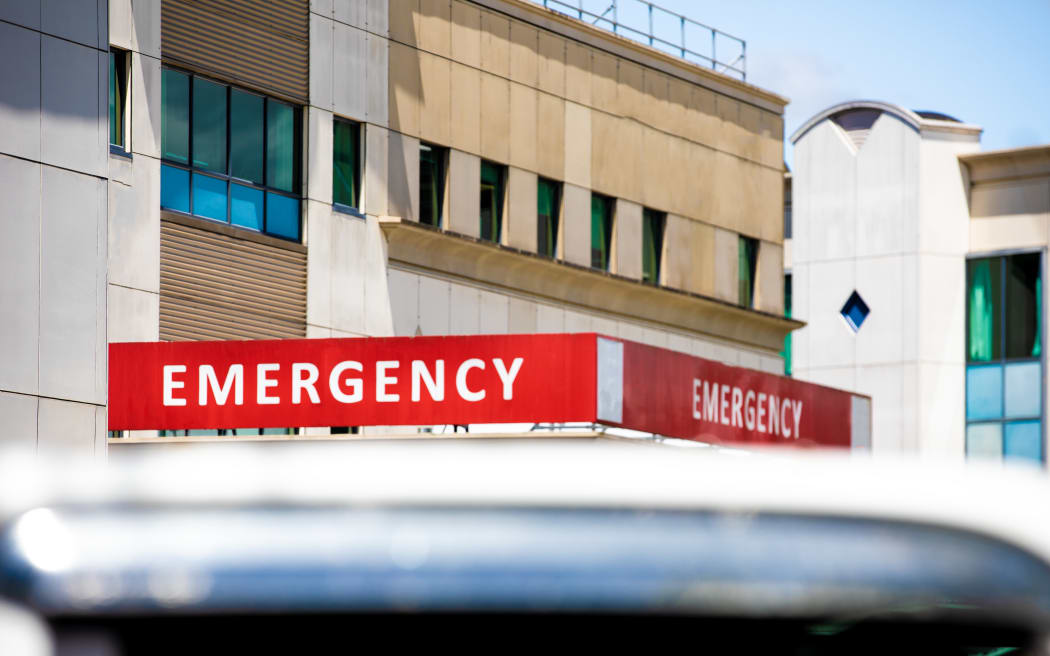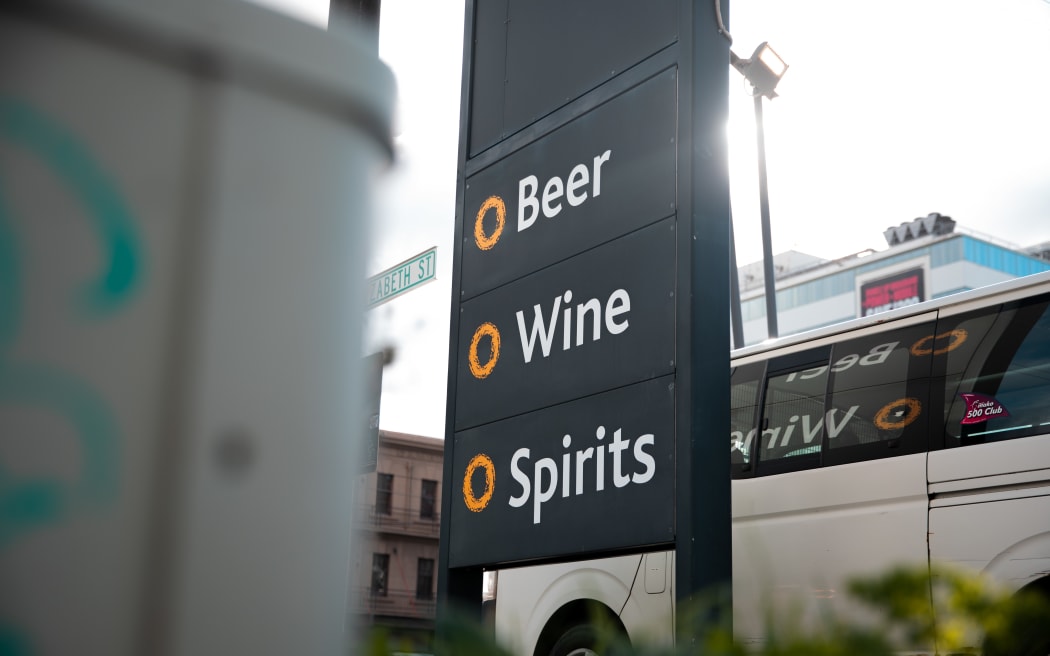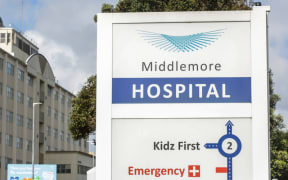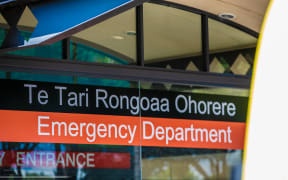
Lead author Dr Laura Joyce says excess alcohol consumption is a growing problem for EDs, accounting for 11 percent of ED visits in 2022, up from five percent in 2013. (file image) Photo: RNZ / Marika Khabazi
Fewer young people and more older people are turning up drunk at emergency departments, according to a study.
Otago University's research published in The New Zealand Medical Journal on Friday compared three "snapshots" of alcohol-related patient visits to Christchurch Hospital's emergency department (ED) in 2013, 2017 and 2022.
Lead author Dr Laura Joyce, a Christchurch ED doctor herself, said excess alcohol consumption was a growing problem for EDs, accounting for 11 percent of ED visits in 2022, up from five percent in 2013.
The median patient age increased from 32.5 to 39 years. The number of young drinkers dropped from one in three (33.6 percent) in 2013 to just under one in five (19.3 percent) in 2022.
Meanwhile, 25- to 44-year-olds went from just under 30 percent of alcohol presentations in 2013 to over 40 percent in 2022, and the over-64 age group went from 11.6 percent to nearly 24 percent.
"Although media attention often focuses on 'young people drinking in pubs and bars on a Saturday night', this is not the case in terms of ED presentations in this study," Joyce said.
"Our findings are in line with other research showing that over one-third of older New Zealanders are drinking at levels which may result in harm.
"This is concerning, as people in this age group are more likely to have additional co-morbidities and the potential for medication interactions."
Binge-drinking was still widespread in New Zealand society, with 26.5 percent of patients in 2022 admitting to having consumed 20 or more standard drinks in a single occasion - slightly up on 2017's figure, but below 2013's 28.5 percent.
Joyce said alcohol-related presentations were preventable, contributed to ED overcrowding, put considerable stress on hospital staff and resources and placed a high financial burden on the entire health system.
"We feel this highlights the need for stronger local alcohol policies for off-license venues, particularly seeing they are a key supplier of large quantities of cheap alcohol and contribute to New Zealand's drinking culture as a whole.
"With the recent passing of the Sale and Supply of Alcohol (Community Participation) Amendment Bill, councils can now implement strong controls on alcohol availability without the risk of alcohol industry appeals, particularly from alcohol retailers."
'Stand up to the industry' - Health Coalition Aotearoa

Health Coalition Aotearoa has been pushing for government regulation for years. (file image) Photo: RNZ / Samuel Rillstone
The results came as no surprise to Steve Randerson, co-chair of Rōpū Apārangi Waipiro, the alcohol expert panel of the advocacy group Health Coalition Aotearoa.
He believed relentless digital marketing contributed to the problem.
"Alcohol marketing today has really morphed into something incredibly sophisticated. It knows a lot about us, it can target us at times when we're most vulnerable, it can target heavy drinkers, or people who might look like they could become heavy drinkers," Randerson said.
"There's no clear regulatory oversight over the way that marketing is happening."
Health Coalition Aotearoa has been pushing for government regulation for years with minimal change, and Randerson said it was time to tackle the big-ticket items.
"We've been looking for the government to stand up to the industry by doing the big things - lifting alcohol tax and regulating the constant marketing of alcohol."
One heavily targeted group is young people, but the study showed for those under 25, habits may be changing.
Otago University Students Association president Keegan Wells said this represented a shift in student culture, but reputation had not caught up.
"Students are constantly targeted and discussed as being these almost animalistic creatures that are always drinking out, and it is clear that we're not," she said.
"If you come down to north Dunedin, it's not maybe as crazy as you'd think it is, and I think this study backs that up."
Joyce agreed the focus needed to shift to older people. She hoped the findings of her study would help take the pressure of EDs and put it on the alcohol industry.
Alcohol-related harm costs New Zealand more than $7 billion every year and is the leading cause of preventable death in New Zealanders aged 15-49.
Where to get help
- Alcohol Drug Helpline: 0800 787 797
- Drug Help website





